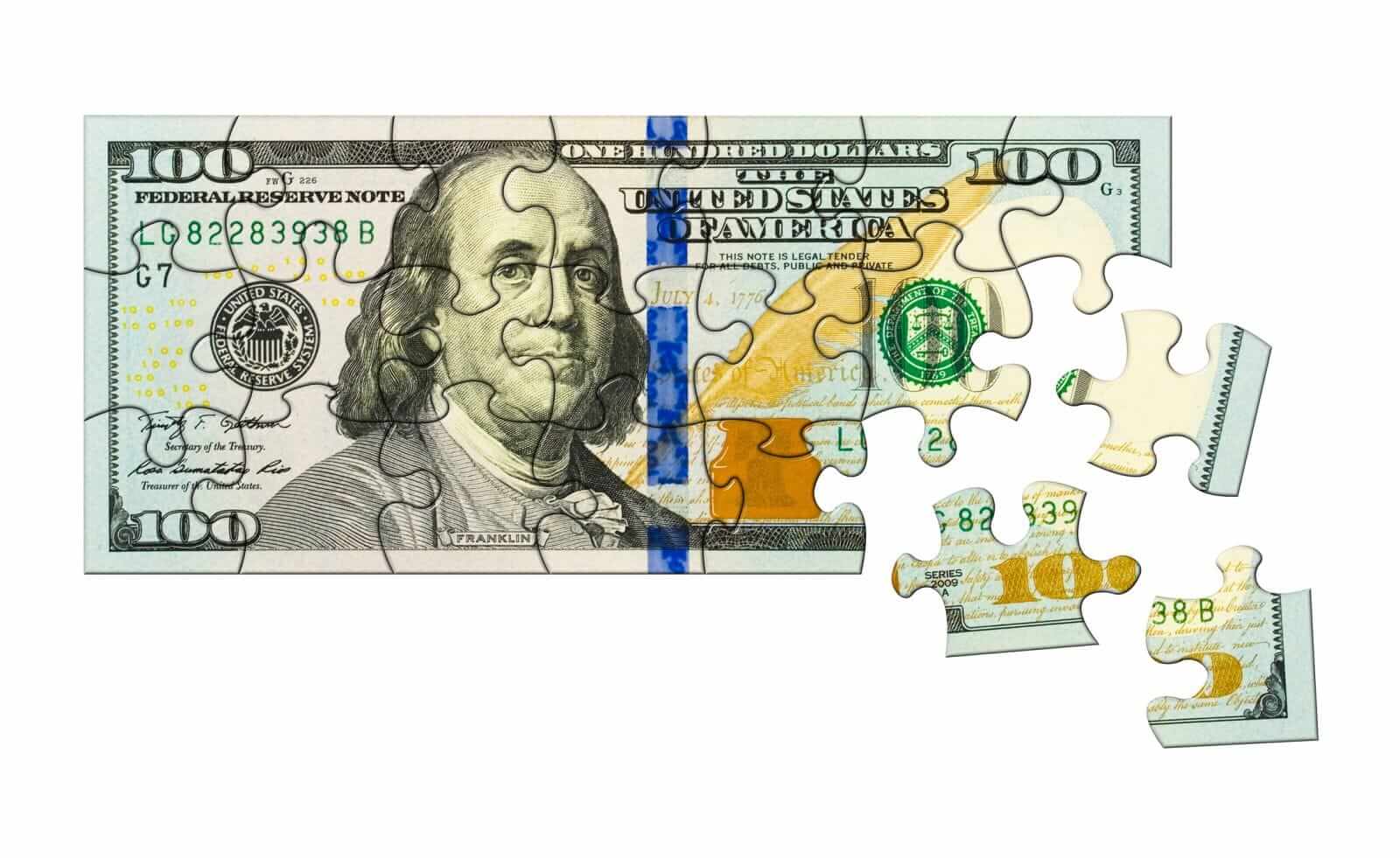
The dollar index (DXY00) Monday recovered from a 13-month low and finished up by +0.13%. Rising geopolitical risks in the Middle East supported safe-haven demand for the dollar after Israel on Sunday launched airstrikes against Hezbollah targets in southern Lebanon.
Gains in the dollar were limited after Monday’s news that US July core capital goods new orders unexpectedly declined. Also, dovish Fed comments weighed on the dollar when Richmond Fed President Barkin said he supports "dialing down" interest rates and San Francisco Fed President Daly said, "the time to adjust policy is upon us."
US July capital goods new orders nondefense ex-aircraft and parts, a proxy for capital spending, unexpectedly fell -0.1% m/m, slightly weaker than expectations of unchanged m/m.
Richmond Fed President Barkin said he still sees upside risks for inflation, though he supports "dialing down" interest rates in the face of a cooling labor market.
San Francisco Fed President Daly said, "The time to adjust policy is upon us," and it is appropriate for the Fed to begin cutting interest rates.
The markets are discounting the chances at 100% for a -25 bp rate cut at the Sep 17-18 FOMC meeting and at 28% for a -50 bp rate cut at that meeting.
EUR/USD (^EURUSD) Monday fell back from a 13-month high and finished down by -0.28%. Monday’s stronger dollar weighed on the euro. The euro was also undercut by Monday’s decline in German business confidence, which points to a sluggish economy. A supportive factor for EUR/USD was Monday’s increase in the 10-year German bund yield to a 1-week high of 2.265%.
The German Aug IFO business confidence index fell -0.4 to 86.6, stronger than expectations of 86.0.
Swaps are discounting the chances of a -25 bp rate cut by the ECB at 96% for the September 12 meeting.
USD/JPY (^USDJPY) on Monday rose by +0.13%. The yen on Monday fell back from a 3-week high against the dollar and moved lower. Rising T-note yields on Monday sparked long liquidation pressures in the yen. The yen on Monday initially moved high after escalating geopolitical tensions in the Middle East sparked safe-haven demand for the yen when Israel on Sunday launched airstrikes against Hezbollah targets in southern Lebanon. The yen also found brief support from Monday’s upward revision to the Japan June leading index.
The Japan June leading index CI was revised upward by +0.4 to 109.0 from the previously reported 108.6.
Swaps are pricing in the chances for a +10 bp rate hike by the BOJ at 0% for the September 20 meeting and at +9% for the October 30-31 meeting.
December gold (GCZ24) Monday closed up +8.90 (+0.35%), and September silver (SIU24) closed up +0.187 (+0.63%). Precious metals Monday settled moderately higher, with silver posting a 5-week high. Precious metals rose Monday on safe-haven demand from the escalation of Middle East tensions after Israel on Sunday launched airstrikes in southern Lebanon. Gold also has carryover support as a store of value from last Friday when Fed Chair Powell signaled lower interest rates when he said, "the time has come for policy to adjust" policy. In addition, dovish Fed comments Monday boosted demand for precious metals when Richmond Fed President Barkin said he supports "dialing down" interest rates and San Francisco Fed President Daly said, "the time to adjust policy is upon us." Finally, fund buying of gold also supports gold prices as long gold positions in ETFs rose to a 6-month high last Friday.
Precious metals fell back from their best levels today on strength in the dollar. Silver prices were also weighed down by industrial metals demand concerns after the US July core capital goods new orders report showed an unexpected decline.
On the date of publication, Rich Asplund did not have (either directly or indirectly) positions in any of the securities mentioned in this article. All information and data in this article is solely for informational purposes. For more information please view the Barchart Disclosure Policy here.






